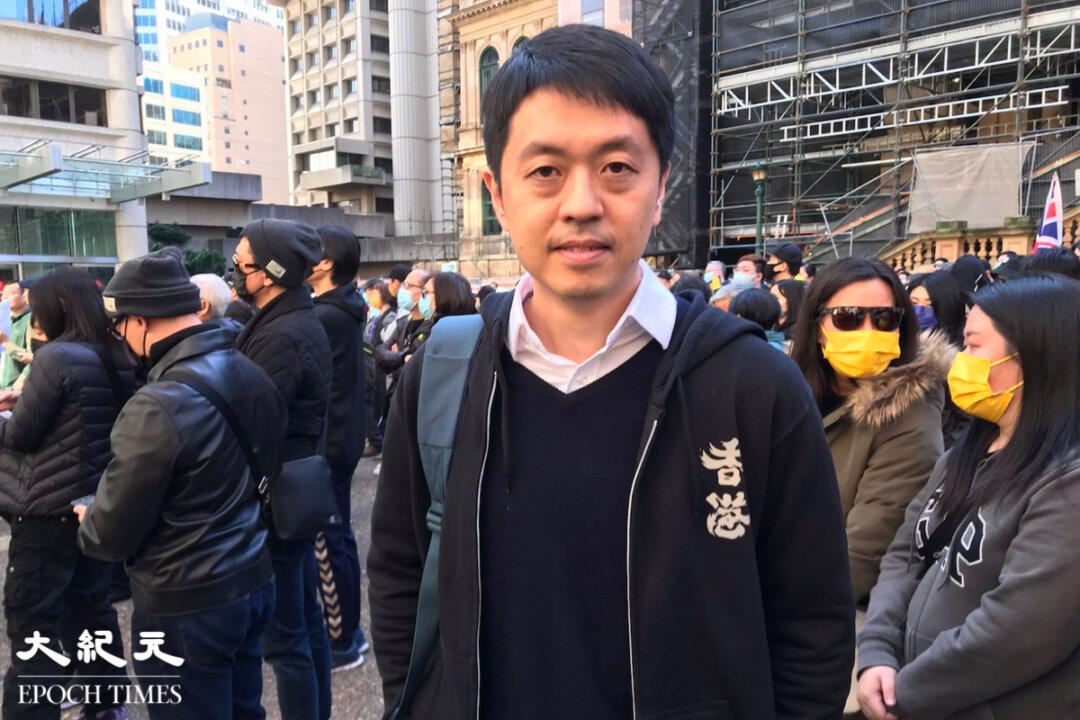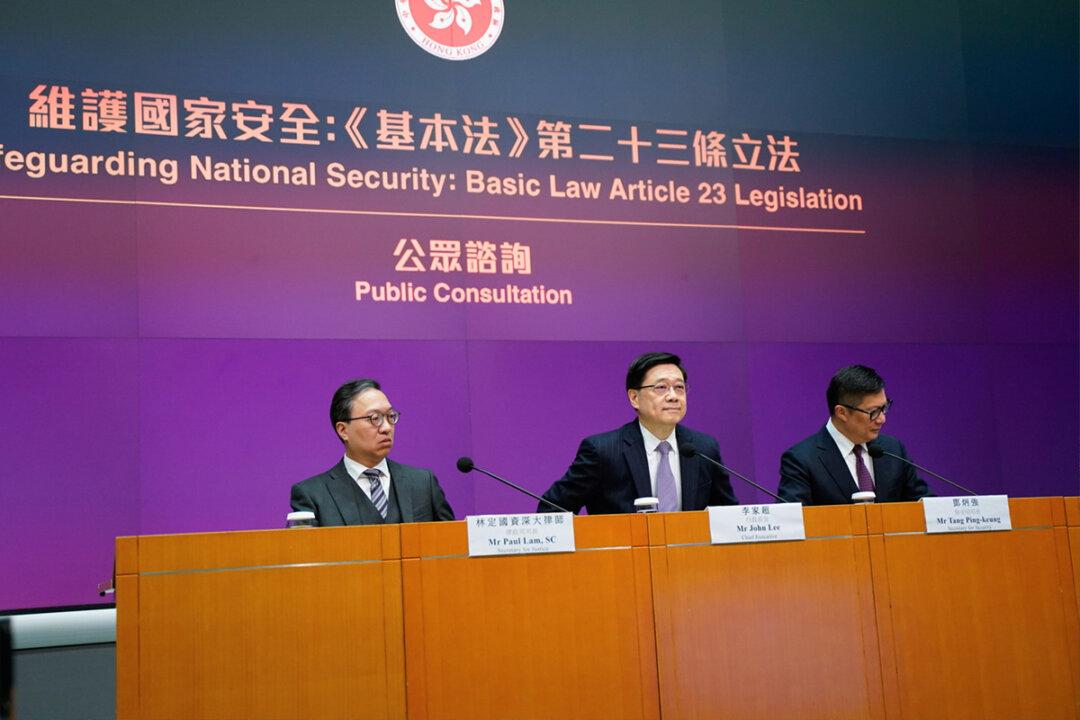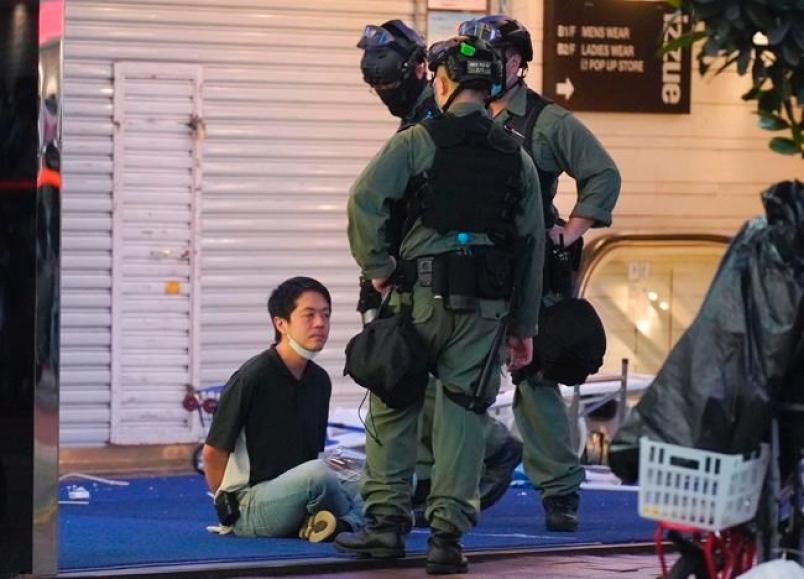Property prices in Hong Kong continue to fall while rents rise against the market trend. While some analysts believe that it’s not easy for the property market to rebound, others even predicted that the continuous fall in property prices would lead to financial turmoil.
Property Prices Broke Nearly Seven-Year Low
The Hong Kong Institute of Economics and Business Strategy of HKU estimates that high-interest rates will hit consumption and investment desire, triggering a slowdown in the global economy in the first half of 2024.
Yue-Chim Richard Wong, an economist and Deputy Vice-Chancellor of HKU, said that since the economic environment is not favourable, the United States may not cut interest rates in the middle of 2024 as generally predicted, so it is not easy for Hong Kong’s property market to rebound, and the public should not be over-optimistic.
Hong Kong’s property market continues to weaken. The Centa-City Leading Index (CCL), which reflects the trend of the second-hand residential property market in major large estates, has dropped for seven consecutive weeks, breaking a new record low in nearly seven years and dropping as much as 23.06 percent compared with the record high in August 2021. The Midland Property Price Index (MPPI) is down for 21 consecutive weeks and at a record low for over seven years.
The Rating and Valuation Department (RVD) announced last month that its price index of Hong Kong’s overall private residential property in November 2023 was 316 points, breaking the 81-month low since February 2017, and the cumulative decline has been 5.6 percent since 2023. In addition, all of the Department’s eight major private residential property price indices have fallen for seven consecutive months, the most extended wave of decline since records were started in 1993.




